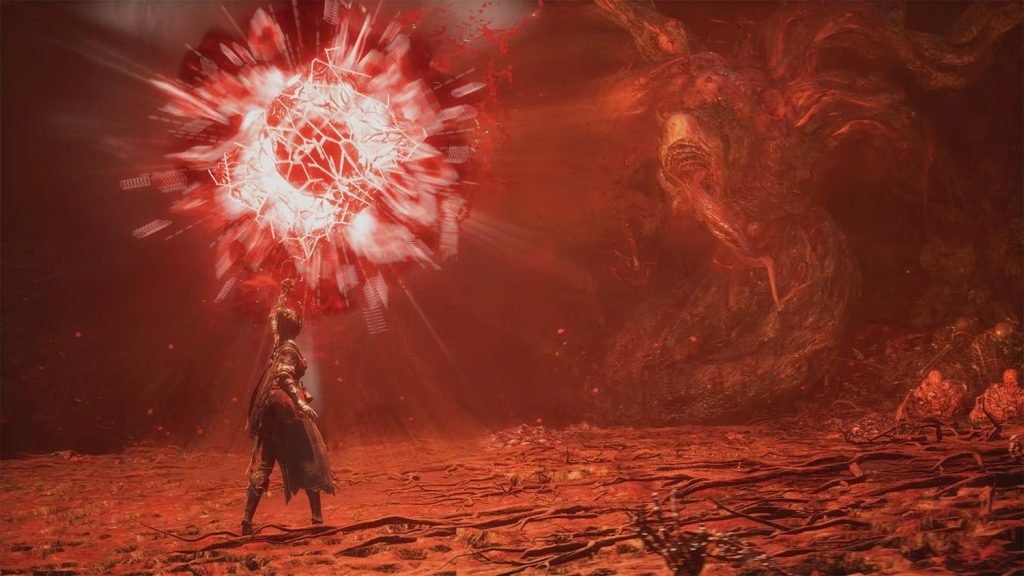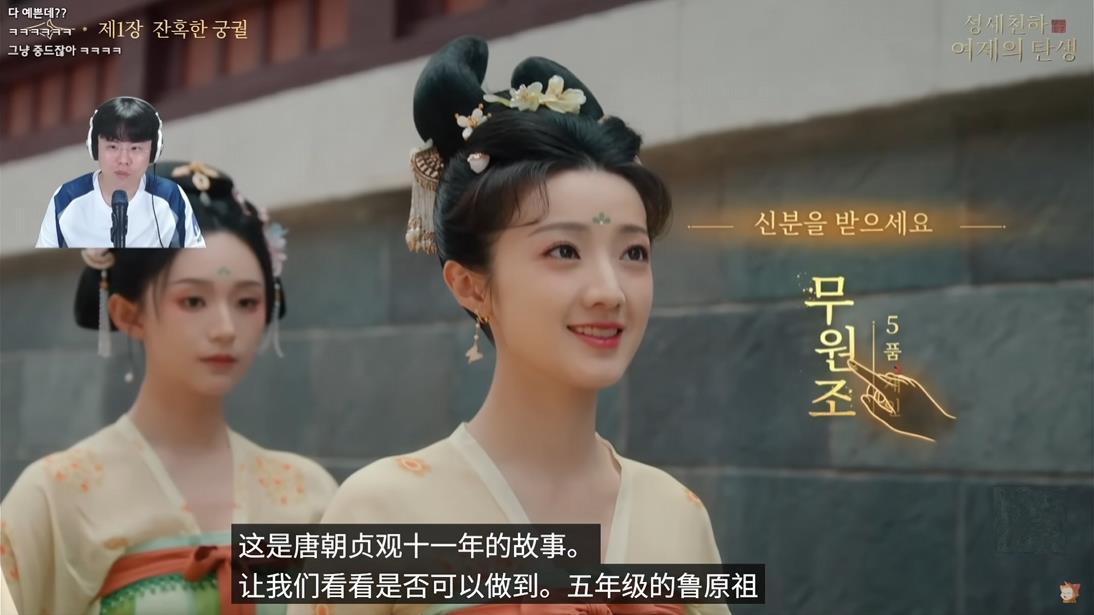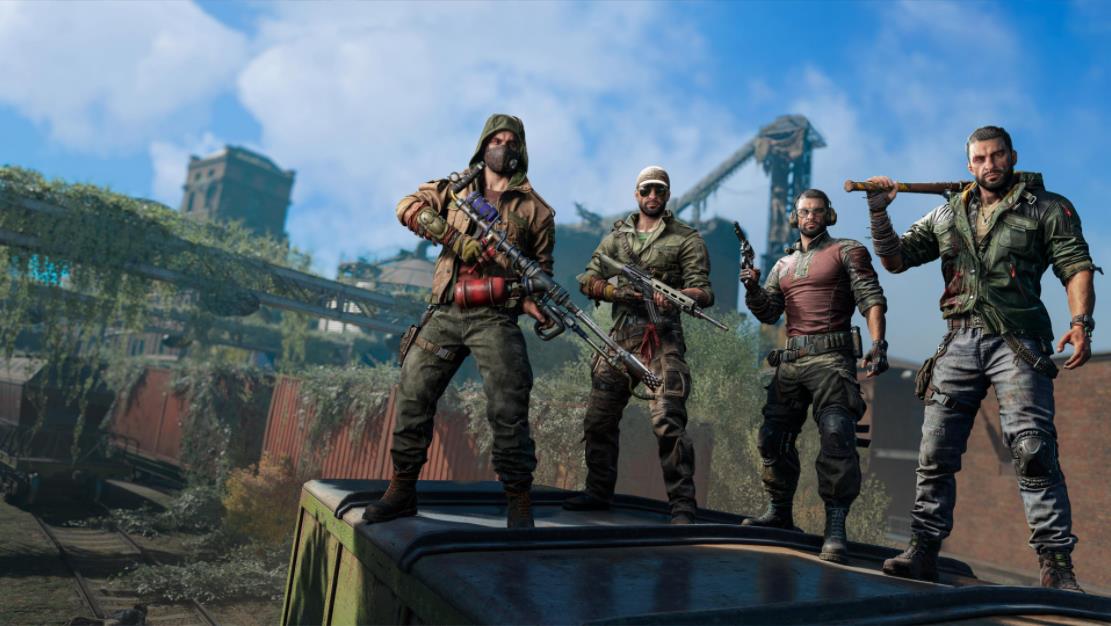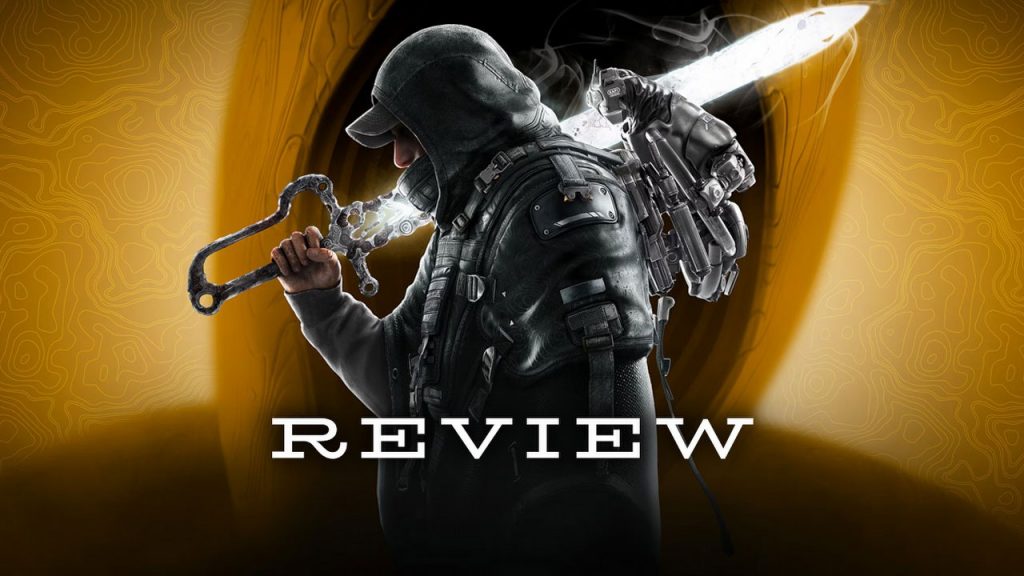
If nothing else, Wuchang: Fallen Feathers makes you empathize with its amnesiac heroine, Wuchang. You’re never quite sure about anything in Chinese studio Leezee’s Soulslike. What’s the deal with the apocalyptic bird flu that’s turning people, including the protagonist, into avian creatures? What brings you to this fortress, or this swamp, or this forest? Once you’ve unlocked the ability to light your sword on fire, how do you actually get it aflame? Have you been down this path before, or are you mixing it up with one of its untold lookalikes?
It would be one thing if Wuchang were merely confusing, but it’s also rather confused. Like numerous games inspired by Dark Souls, Wuchang both misunderstands the ethos of that zeitgeist-defining work and fails to heed the lessons taught by its flaws. The result is an ambitious adventure that, betraying only glimmers of conviction, verges at times on parody.
Wuchang’s fantastical reimagining of the Shu province during the late Ming Dynasty aims for the wondrously intertwined structure of Dark Souls’s Lordran but instead proves exhaustingly convoluted. There’s no map to refer to, which isn’t inherently a problem, but the game’s often beautiful environments are too winding and monotonous for a sense of direction to settle in.
The disorientation is exacerbated by the fact that Wuchang can’t resist putting a fork in the road. The landscape comes to resemble a hydra: Each path splits off into two more, then two more, and so on, until the serpent feels untamable—or the prospect of felling it feels tiresome.
Then there are the countless shortcuts: the doors that have to be opened from the other side, the ladders that need to be let down from above. Such devices, in moderation, can serve as welcome rewards for determined exploration; when implemented deftly, they can even trigger epiphanies about the geography’s coherence. But in overabundance, they lay bare the world’s contrivance, like it was twisted and warped with the sole purpose of dotting it with locked gates.
Nor do the shortcuts spare you frustrating runbacks. Frequently, when racing to retry one of the game’s exacting bosses, you’ll have to slip by enemies and wait out excruciating elevator rides. Against the backdrop of Wuchang’s level design, which seems hell-bent on sapping the joy from traversal, the dearth of pre-boss checkpoints scans as an unthinking replication of generic norms popularized by, and largely moved past since, Dark Souls. (The final area, a morass of pesky status effects, ambushes, and treacherous heights, would test the patience of a saint.)
Wuchang’s combat, in contrast, is confidently lean, if perhaps too thin. Precise dodges empower your blows and certain attacks in combos deflect enemy strikes, creating a rousing feedback system between defense and offense. You pick up new moves by investing in a skill tree, whose free resets encourage experimentation, though the perks cease being exciting roughly halfway into your journey. So do the increasingly repetitive bosses, but your battles against them remain sufficiently atmospheric to motivate resilience through the game’s pain points.
Wuchang could have distinguished itself in the crowded Soulslikes field with its thematic focus on the plights women face in war and beyond. Throughout your quest, grieving widows and traumatized girls beseech the protagonist—a rare figure in the game who’s deadly, righteous, and not a man—for aid. But there’s an overriding ickiness to the execution, from the innumerable corpses of women civilians littered on the ground—the same body gratuitously and dehumanizingly copied and pasted ad nauseam—to the treatment of Wuchang herself.
You see it most prominently in the equipment available to Wuchang. The flavor text of one armor set alludes to the distinct horrors inflicted on women, bringing to mind your role as an avenger. But when you equip it, you find Wuchang dressed, essentially, in lingerie. Your wardrobe will also abound with deep-cut tops, uncinched robes, and other oddly revealing and impractical clothing—an artistic choice that undercuts Wuchang’s message. The game’s politics, like its labyrinthine world, gesture at meaning but find nothing to grasp.

















暂无评论内容